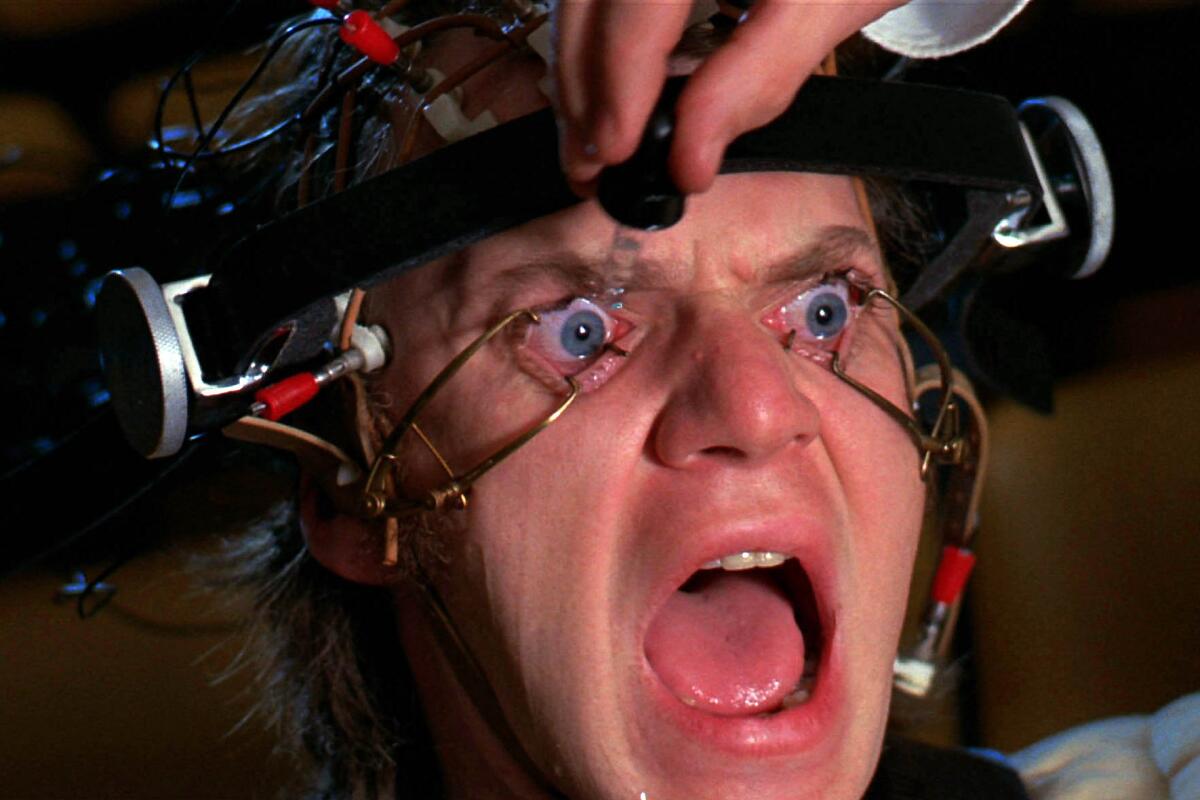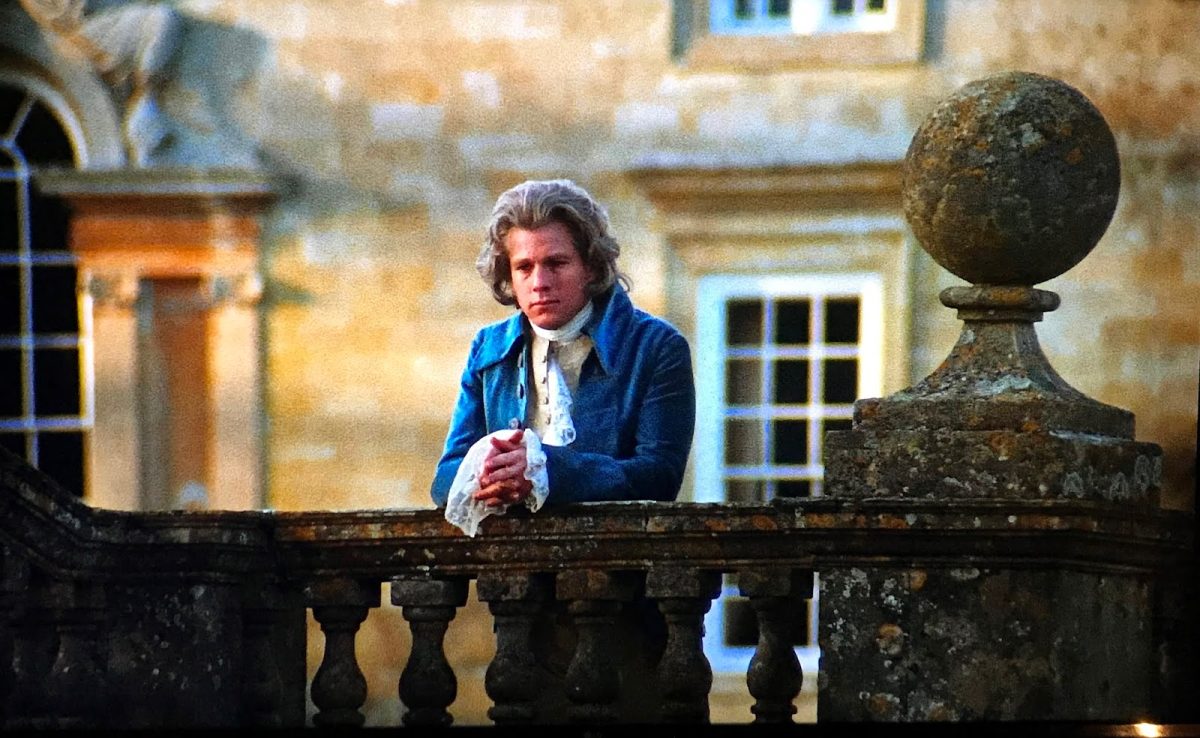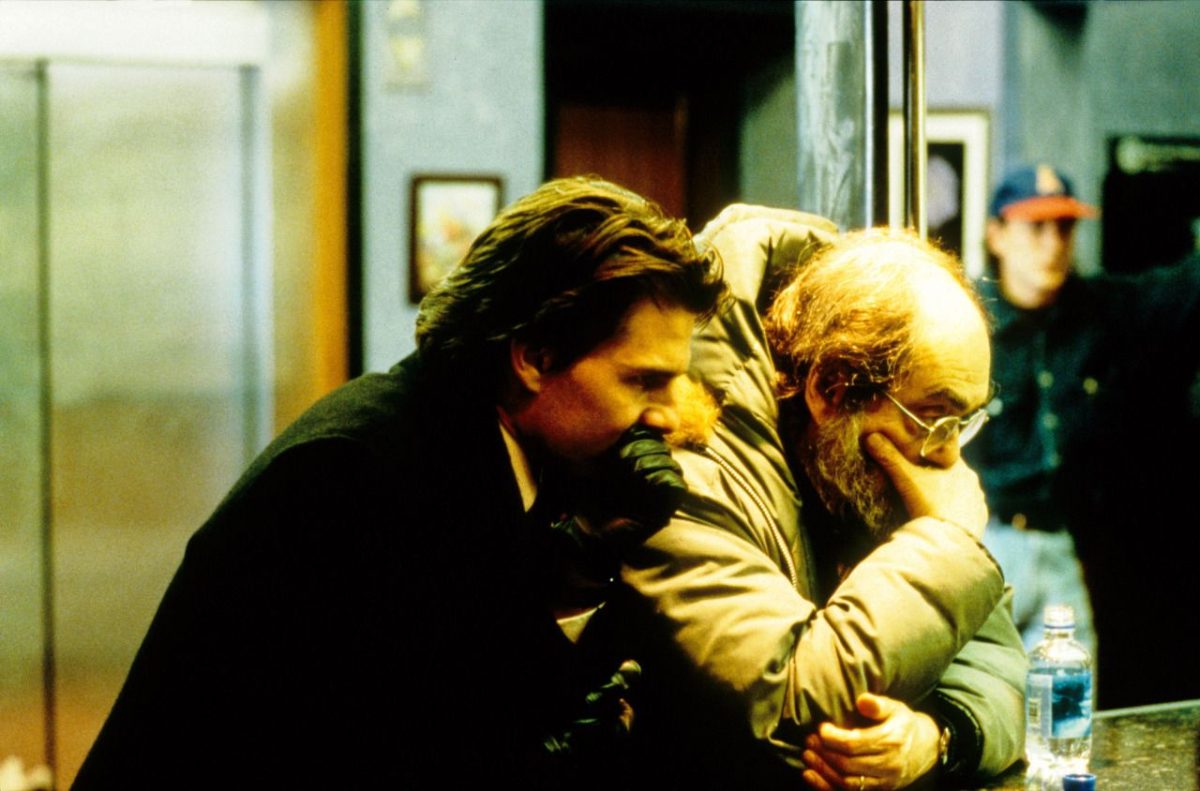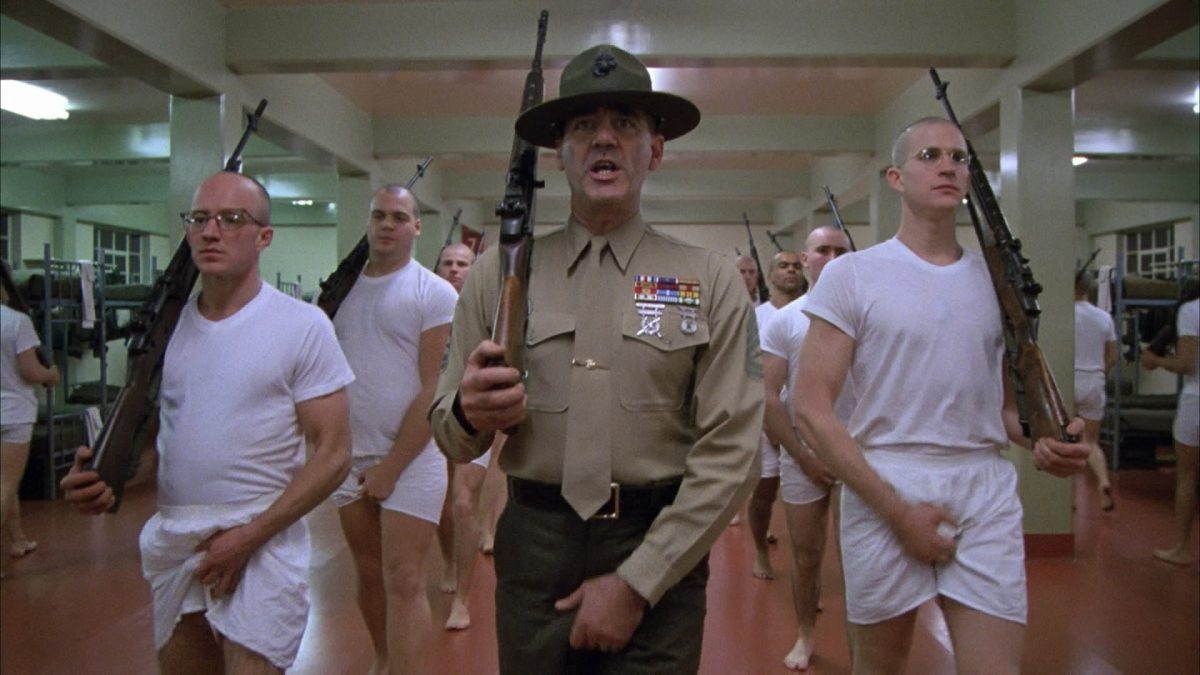by Janet Maslin
Seen today, in the lovingly restored 197-minute version now playing at the Ziegfeld, the two-tiered historical pageant that is Spartacus says at least as much about America in the late 1950’s as it does about ancient Rome.
This sword-clanking 1960 epic about a slaves’ uprising was the film that took a giant step toward ending the Hollywood blacklist, since its screenwriter, Dalton Trumbo, was finally freed from the onus of working under pseudonyms and credited under his own name. That is only one of the reasons Spartacus has earned its place in film history. Another is that it is an early work by Stanley Kubrick, although he hardly regards this as a pet project.
Kubrick was hired only after shooting began, as a replacement for another director, Anthony Mann. He himself would probably not have devised a film including a cute goat-milking sequence and so much warm camaraderie among the rebellious slaves. Since then, Kubrick has effectively disowned Spartacus, but his stylistic hallmarks are still occasionally discernible in the midst of all that muscle-flexing kitsch.
This is also a film whose battle scenes look as if they required the services of a real army, because they did. There were so many Roman legions on hand (as played by 5,000 Spanish soldiers) that Kubrick shot his climactic military maneuvers from half a mile away. And Spartacus earned another kind of distinction for having cost more ($12 million) than the studio that produced it (Universal) was actually worth. MCA bought Universal for $11,250,000 while the filming of Spartacus was in progress.
Restored under the supervision of Robert A. Harris, who also did such superb work on Lawrence of Arabia, Spartacus has the kind of visual grandiosity that was much admired 30 years ago and today seems surpassingly strange. Any excuse for slaves or Romans to congregate becomes the occasion for a big, busy tableau, and some of these scenes are so dizzyingly overpopulated they suggest 3-D. (The film was actually made in Super Technirama.) In using stark angles and open space to suggest an eerie isolation, even in the midst of so much bustle, a few of these sequences offer harbingers of Kubrick’s future work.
The principal casting of Spartacus must certainly have been right. Kirk Douglas, who played the starring role and whose company produced the film, recalls in his autobiography that there were at one time two rival Spartacus stories in the works (the other screenplay, for United Artists, was by Abraham Polonsky, another blacklisted writer). And Peter Ustinov, Laurence Olivier and Charles Laughton received copies of both scripts. “We were 3-for-3 against 0-for-3,” Douglas remembers thinking, when all three actors preferred the Trumbo version (which was adapted from Howard Fast’s novel). But the casting also included such notably strange choices as John Gavin, whose Julius Caesar is no match for the Roman Senate rivals played by Laughton and Olivier.
As the wildly decadent Crassus, Olivier is central to the once-deleted “snails and oysters” bath scene that makes for one of this restoration’s livelier moments. (His voice has been supplied by Anthony Hopkins, who sounds distinctively like himself but expertly mimics the Olivier diction.) Making thinly veiled sexual overtures to a handsome slave (Tony Curtis, who is also described rather improbably as a “singer of songs,” or poet), he frames his thoughts about sexual preference in terms of sea creatures. Censors considered this too risque, and suggested changing the points of comparison to “artichokes and truffles,” which the film makers rejected, and so the scene was deleted.
Included now, it is both valuable to the plot and comfortably attuned to the film’s pervasive suggestiveness, which for a mass audience film of this scale is indeed remarkable. From the decadent rich who delight in gladiatorial fights-to-the-death to the slyly insinuating Roman senators, the privileged characters in Spartacus exude corruption.
Not so the slaves, who are noble to a one, and whose embodiment of brotherhood gives the film its ideological slant. A reaction against Hollywood’s anti-Communism can be felt in the film’s idealized view of these workers. But it must also be said that the wicked rich, as played by such a marvelous trio of droll, sophisticated English actors, are a lot more interesting. Ustinov, who won an Oscar for his performance as an unctuous gladiator trainer, does his best to provide entertainment “for ladies and gentlemen of quality, those who appreciate a fine kill.” Olivier, in designating someone his prisoner, dryly gives the order: “Make him comfortable. Don’t let him be lonely.” It is he who declares, of Varinia (Jean Simmons), Spartacus’s lover: “I like her. She has spirit. I’ll buy her.” But it is Laughton, as the scene-stealingly cynical politician Gracchus, who has the film’s best lines. “In Rome, dignity shortens life even more surely than disease,” he remarks. Meeting Varinia, he casually kisses her hand and says, “So this is the woman it took Crassus eight Roman legions to conquer. I wish I had time to make your acquaintance, my dear.”
Amusing at some points and laborious at others, Spartacus moves at the lumbering pace of the virtually extinct widescreen epic, but it eventually arrives at a tragic ending involving fierce battle, a sea of corpses and the sight of the Appian Way lined with crucified slaves. These scenes are made even more wrenching by the great tact and efficacy with which they have been restored.
The New York Times, April 26, 1991




